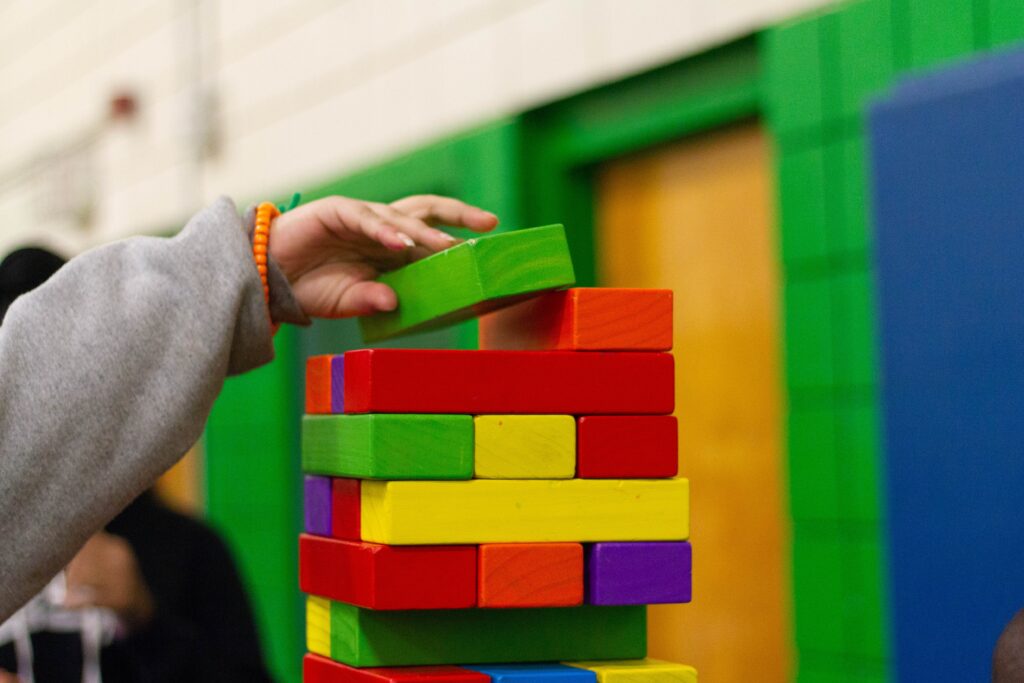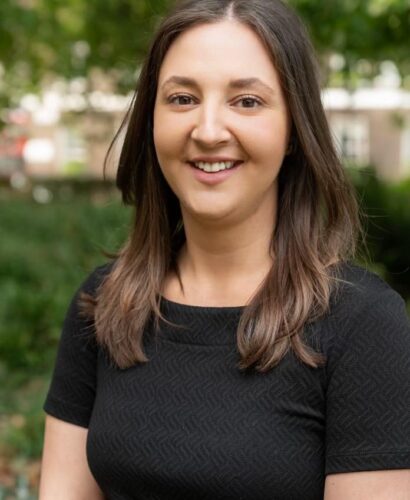
Child Arrangements
Whether you’re seeking advice on family issues or need guidance on child arrangements (often referred to as ‘child custody’) , Edwards Family Law can support you every step of the way.
In an ideal world, the arrangements for children to live with or spend time with their separating parents will be agreed between the parents themselves. Unfortunately, that is not always possible, and tensions can run high through separation, often clouding a parent’s judgement which can make agreeing child arrangements difficult to do.
FAQs
What is a child arrangements order ?
In England and Wales, child arrangements, often referred to as “residency” or “custody” determine who should be responsible for the care of a child after a divorce or separation. Many parents opt for joint residency or custody, allowing children to spend equal or allocated time with each parent after divorce. As well as child arrangement orders, there are a variety of other orders the court can make, in the absence of agreement which reflect financial support and enable both parents to participate in decision-making, such as selecting schools or healthcare and medical treatment.
Do I have to go to court to sort out child arrangements?
If child arrangements can be agreed amicably, there is no need to go to court. The court process can also be terminated at any stage if an agreement is reached. However, if parents cannot agree, the courts will decide on their behalf. It’s advisable to consult with child law solicitors to navigate this process effectively. At Edwards Family Law, we will help you through every step of this process and endeavour to find an amicable solution between all parties involved.
I want to move with my children
If you wish to move to another part of England and Wales you need to have the agreement of anyone with parental responsibility. If that is not agreed then you will need the permission of the court. If you want to move, or have been told your ex-partner wants to move with your child, then you need to consider carefully the impact this will have on the other parent’s relationship with the child and whether it can be made to work.
If it cannot be agreed, the court will consider what is in the child’s best interests. This will largely depend on the reasons for the move, and the specifics of what is being suggested in terms of schooling and plans to see the other parent.
Can parental responsibility be removed?
Parental responsibility can only be removed in specific circumstances, usually requiring an application to the court. The court will only remove parental responsibility in exceptional cases. If a parent has concerns about their child’s welfare, other options are available, such as obtaining a child arrangements order, a specific issue order or a prohibited steps order.>> At Edwards Family Law we have helped many parents over the years in ensuring they are doing what is best for their children – from helping fathers who are being completely prevented from seeing their children, to ensuring arrangements are in place to ensure the safety of a child when travelling to countries that are not party to the Hague Convention.

Free Consultation
We offer a free 45-minute consultation to all qualifying individuals, who have complex cases and want to be represented by our leading family and divorce lawyers. After 45 minutes, please note that our time is charged at our hourly rates.
During a free consultation with our experienced divorce solicitors and family solicitors, you can expect a comprehensive discussion about divorce in the UK (England and Wales). We’ll walk you through the process of how to get a divorce, covering important topics such as the divorce application, laws on divorce and your financial rights and obligations following a divorce.
Our lawyers will provide insight into divorce law, including no-fault divorce, and help you understand the divorce process, including divorce filing and court proceedings. We’ll also discuss the cost of divorce, giving you a clear picture of what to expect financially. Our team of solicitors also can provide comprehensive legal guidance in issues such as child arrangements (also known as “child custody”), spousal support, and property division.
We’re here to assist you in every aspect of getting a divorce or family issue, making the process as smooth and stress-free as possible. Whether you’re seeking advice on family arrangements or need guidance on a divorce consent order our experts in family law are here to help.
We endeavour to respond to all new enquiries within a few hours but sometimes with other commitments such as court hearings, that might not be possible. At most, we will get back to you within 24 hours. If you require urgent or immediate assistance, please contact the team by email contact@edwardsfamilylaw.co.uk, flagging the urgency and we will do whatever we can to assist, if proportionate and possible on the facts of your individual case.









